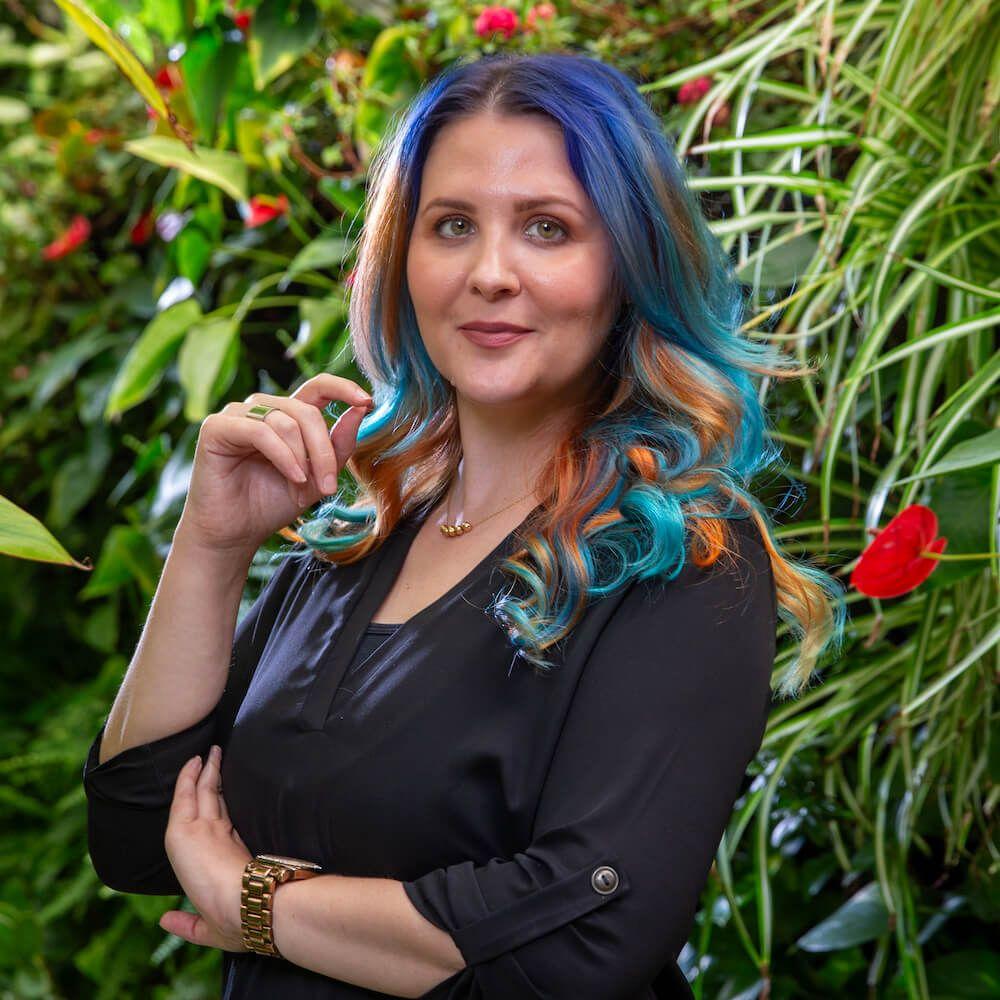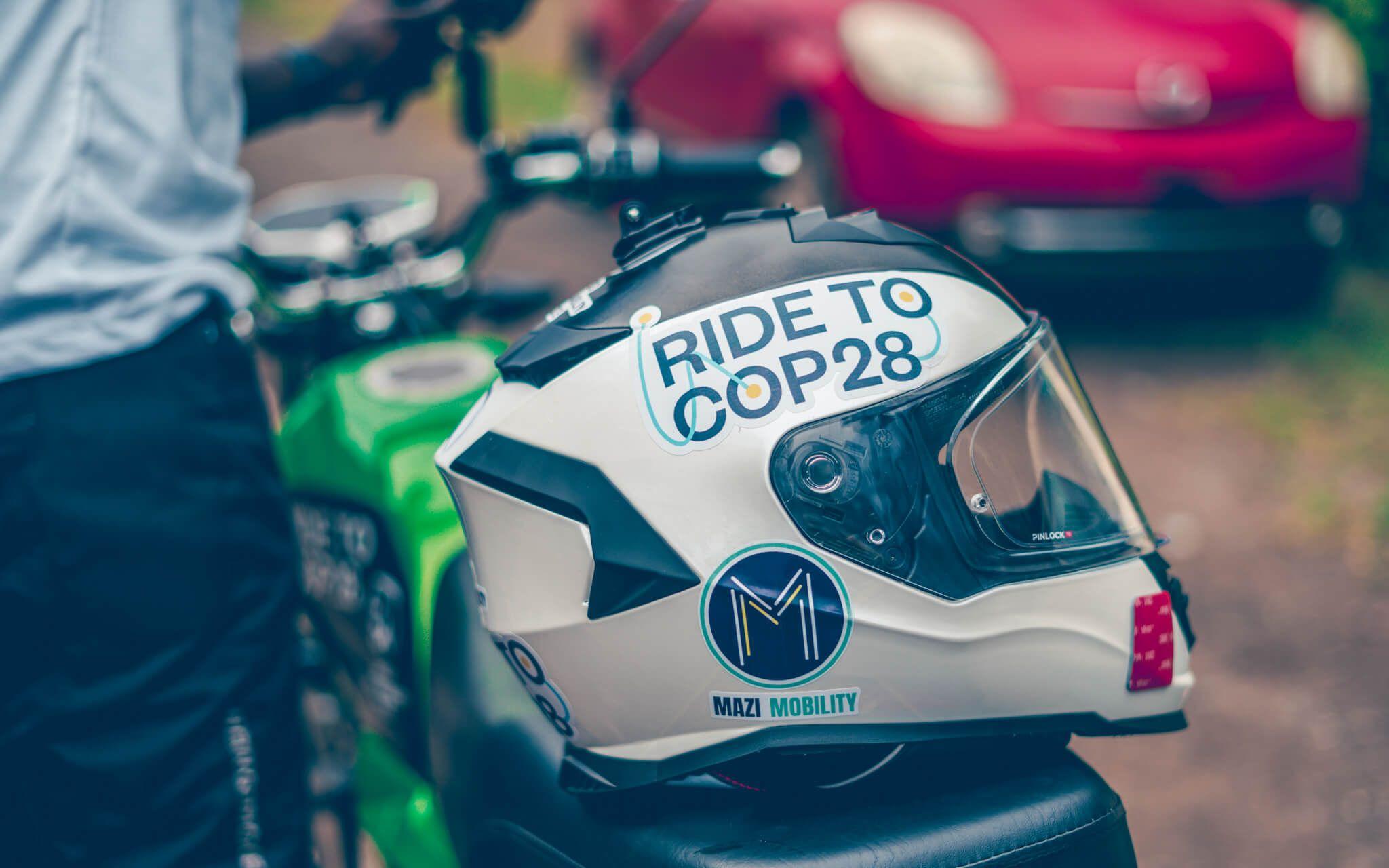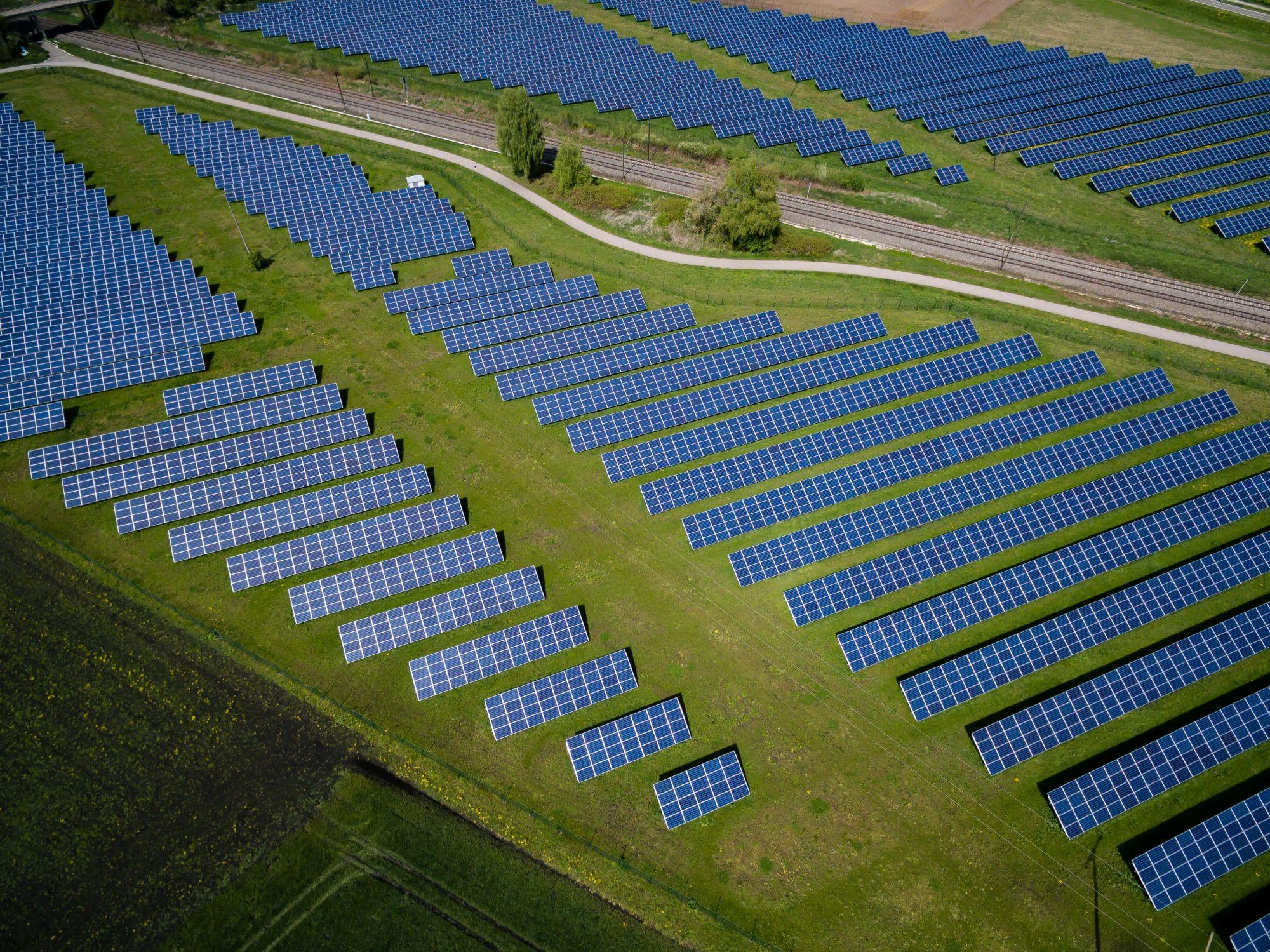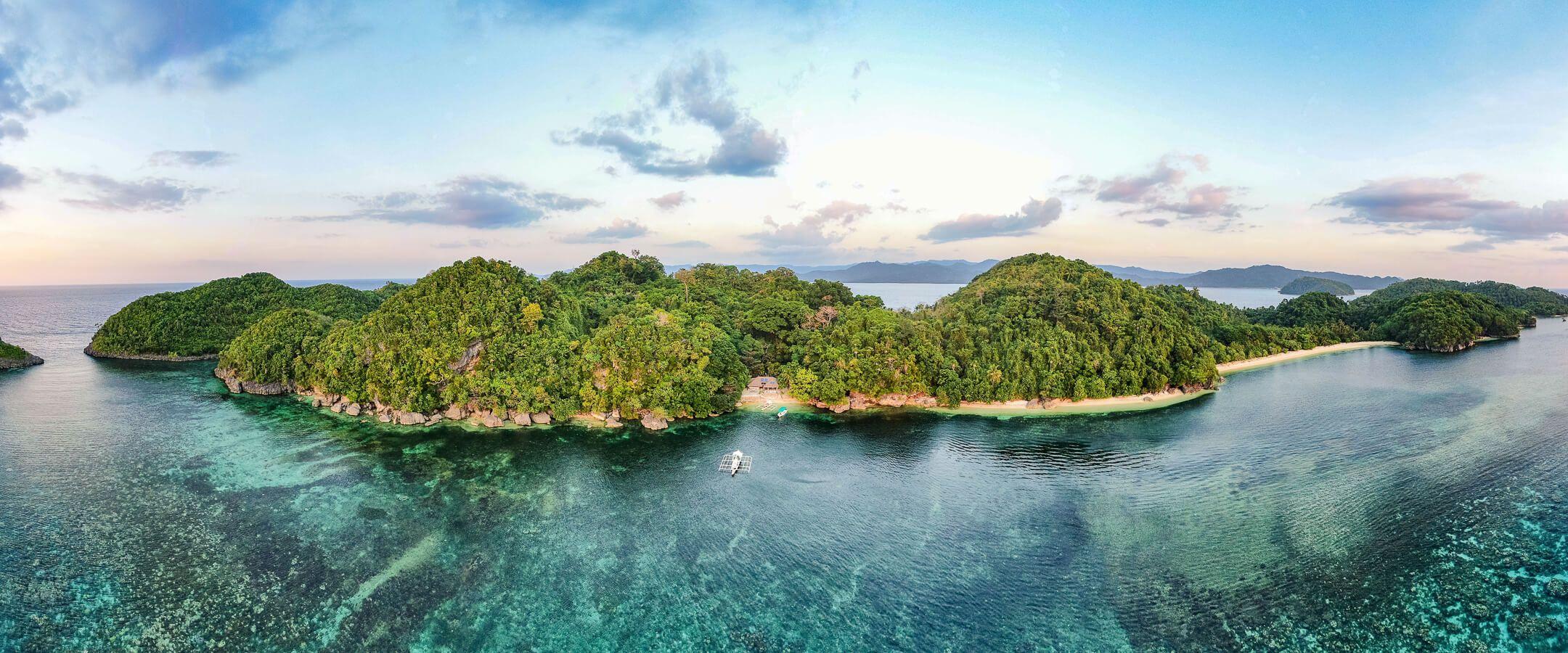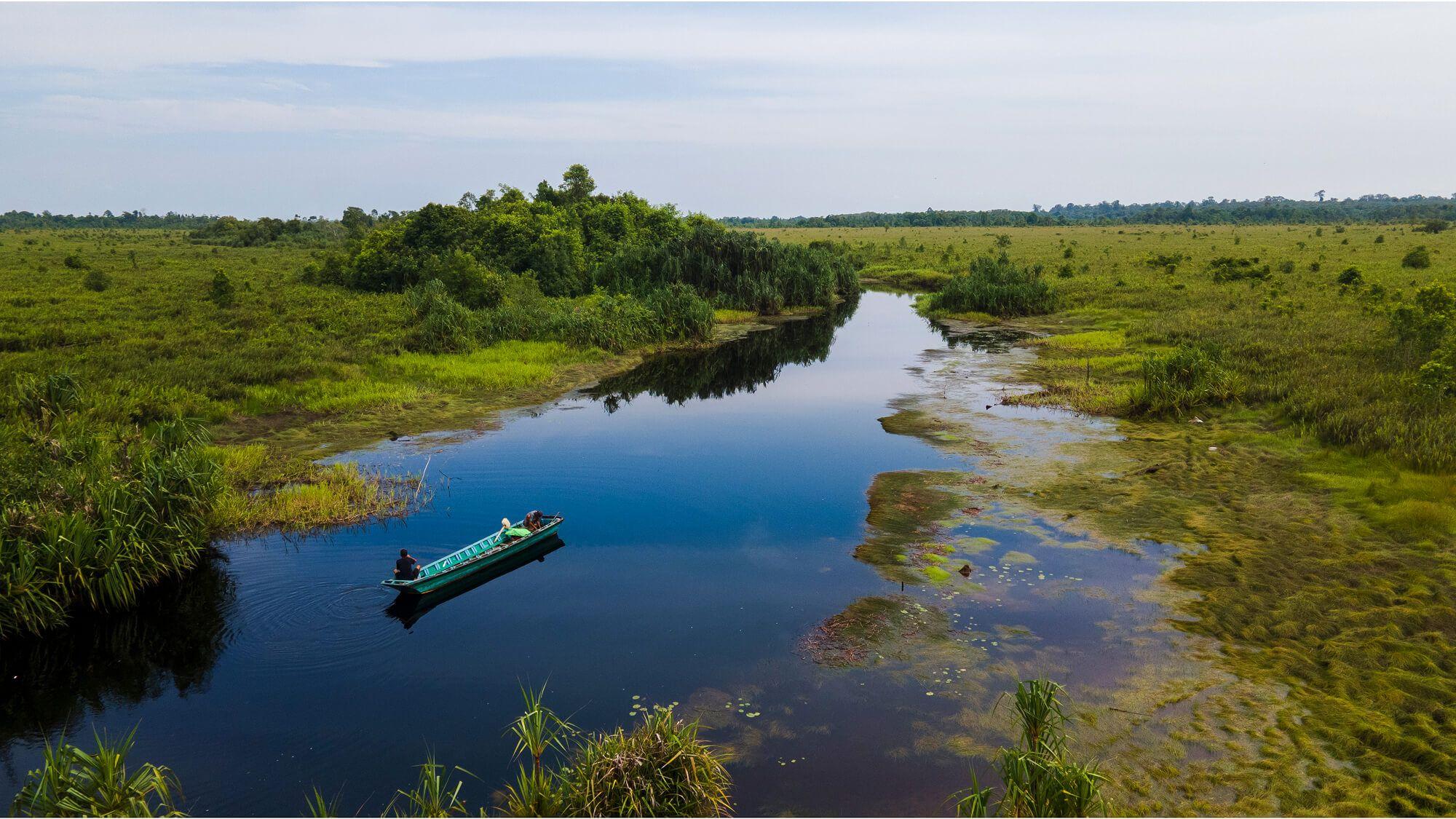They Should be Heard
As extreme weather events become more common, so too do climate refugees. However, Opira Bosco Okot, a refugee from South Sudan, is determined to bring awareness, education, and peacebuilding into his community. His organisation, The Leads, works within refugee camps in Uganda, integrating climate action into all of their projects.
TW: Suicide, gun violence.
“I advocate about how climate change affects everything in our lives - affects our peace, affects our education. And for us as refugees, we saw this the first time our weather started changing,” Opira Bosco Okot says, speaking from a refugee camp in Uganda.
In June 2020, during the COVID-19 pandemic, an organisation was founded in Uganda, quietly intent on making a difference. The pandemic might have thrown all eyes toward infectious diseases, but the climate’s overwhelming changes continued to devastate communities in the Global South.
The Leads, a youth leadership programme created by Opira, is bringing climate awareness, education, and hope to refugee camps, where those displaced by extreme weather events have been on the frontlines for decades.
Opira was born in South Sudan. A country ripped apart by a devastating civil war, where conflict pushed the rapid effects of climate change into the background. “There were minor issues of weather changes that could affect people's livelihoods,” Opira explains. “But displacement made it very clear that more climate change occurs when conflict exists.”
“It was double forms of violence: gun violence due to political conflict, but also gun violence that was escalated by climate issues.” Opira’s community were cattle keepers. However, drastic flooding killed livestock and forced families to migrate, often to areas where agriculture was the way of life. Opira shakes his head. “Crop production could be on the same piece of land as animal keeping. Of course, there was tension, a lot of tension between those two communities, as well as political tension.”
At the age of 20, in April 2017, Opira and his family fled to Uganda. By this point, thousands had left, returned, and left again, coming home to put their lives back together, only to find that climate change had made their lands uninhabitable or riddled with conflict.
“I realised that for the past few years, my parents and people have been fleeing conflict many times. So I asked myself, what will really solve this?”
The answer was education.
Climate Awareness in Every Classroom
Tired of watching his people struggling, Opira decided it was time to take matters into his own hands, and thus, The Leads was born. The Leads is dedicated to three key areas that Opira feels are vital to the refugee situation: climate action, peacebuilding, and education. Today, there are eight full-time members of The Leads, with many more volunteering when possible.
“Refugee children were unable to study [during the pandemic],” he explains. “We wanted to respond, to fill the gap and make sure that children study and also make sure that when school opens, they take their children back to school.”
With their environment changing so completely, as poverty grew, so did despair. Opira confides that many of the men struggled, and sadly, suicide rates also increased. “We needed to step up to see what solution we can get from the community.” For example, Opira explains, what happens when we build schools? A piece of land has to be cleared for the building, and then natural resources are used to construct it. “They’re destroying places without replacing them,” he says.
“The immediate areas of our lives are affected: our livelihood, our food. You can't be happy when you don't have food to eat. So when we're doing a peace-building project, how we connect it is we want to make sure people are happy, and we want to make sure the source of their happiness is strong enough, that it is resilient.”
He pauses: “We make sure we budget something in planting trees, and then we bring in peaceful conflict resolution. We create content on how to peacefully coexist with our environment.” Throughout their projects, be it through peacebuilding efforts or helping out in local classrooms, climate action is interwoven throughout. Opira believes that environmental response should always be a part of their work, calling for organisations to integrate climate action into all their programming.
These are the people living in the fragile countries. These are the people that the Global North will never understand because they've never been in their situation. Maybe people need to change their way of visiting, like tourism or something, and see that people on the front line of climate change are feeling it all; what it means to see the dangers brought by climate change is horrible.
Life in a Refugee Camp
But at the heart of his work, it’s always about the refugees. Life in a refugee camp isn’t easy. There’s poor infrastructure, few roads, little access to clean water or good soil, and sanitation is a constant problem.
The Leads is still a small organisation that doesn’t receive much funding, an issue that he points out is directly tied to areas of social justice. The refugees in his camp are dealing with overwhelming challenges tied directly to causes stemming from the Global North - it’s unfair. A simple word, it seems, but apt. Why should some countries suffer while the rest of the world continues to consume resources at an unsustainable rate?
“A lot of refugees continue to struggle. Some of us are in places which are actually worse than our previous places in our home country. But we have no option because we're looking for security and safety,” he says.
Communicating the severity of climate change is a daunting task. Opira shares just a few of the disastrous events his camp has faced in just the past few months: a landslide that killed 20 people; A lightning strike on a building where children were praying, killing twelve.
“These are the people living in the fragile countries. These are the people that the Global North will never understand because they've never been in their situation,” he says firmly. “Maybe people need to change their way of visiting, like tourism or something, and see that people on the front line of climate change are feeling it all; what it means to see the dangers brought by climate change is horrible.”
Listening, Understanding, Supporting
Like many who have been directly affected, Opira continues his work undaunted. Though he has clear directions for how he believes governments and organisations should respond, they must listen. He’s adamant that governments need to work more closely with those actively dealing with the climate crisis, understanding their initiatives and solutions.
“In the context of displaced people, we already have refugee-led organisations: we’re coming up with solutions for our problems,” he says. “They should be understood, they should be heard, they should be listened to, they should be supported.”
Climate denial no longer has a place in our world. Climate change is here, and while those in the Global North are just starting to feel its effects, the Global South has faced its destruction again and again. Fossil fuel production is remaking our lush, resource-filled world into an unlivable planet. We’ve already seen what happens when our once-stable climate can no longer support us. Displacement. Conflict.
We have to follow the example of Opira and his team. We have to listen.
Most Popular
The Climate Tribe delivers stories about Biodiversity and Conservation, Circular Economy, Food and Water , and how they intersect with climate.
Subscribe
Get the latest stories inspiring climate action around the globe straight to your inbox.
